Recalling the Boe Declaration endorsed by Pacific Islands Forum Leaders at the 49th Pacific Islands Meeting in Nauru, September 2018, the Pacific Islands Forum Secretariat, in partnership with the Daniel K. Inouye Asia-Pacific Center for Security Studies (DKI APCSS), convened a workshop titled, “National Security Policy Development in the Pacific Islands: Shared Experiences, Lessons Learned and Best Practices,” in Honolulu, March 26-29.
A total of 34 participants representing a range of agencies from 15 nations and the Pacific Islands Forum Secretariat, attended the workshop. The workshop sought to progress the commitment of Pacific Islands Forum Leaders to establish and strengthen national security approaches to more effectively address the complex emerging challenges of the 21st century.
The workshop provided a venue for frank and candid discussions focused on an exchange of experiences, lessons learned and best practices in national security policy development among Forum Member Countries, and the opportunities to further refine and chart a way forward enhancing their national security approaches. A range of regional initiatives supporting and sustaining momentum strengthening national security approaches in Forum Member Countries and the regional security architecture, were also discussed.
Within the context of the Boe Declaration’s expanded concept of security, participants recognized a diverse and complex array of security challenges confronting Pacific island nations. In anonymous polling, concerns relating to climate change, transnational crime, governance challenges, sustainable economic development, and maritime security were emphasized, alongside issues such as the impact of natural disasters and the threat of violent extremism and terrorism. One-fifth of participants indicated they had relatively mature processes of national security coordination in addressing these challenges, codified in policy and/or law. Slightly more than half indicated they had some processes established, while remaining participants indicated they either had very informal processes, or in a minority, none at all.
In terms of improving national security coordination in their countries, 39% of participants believed improved interagency coordination remains critical, while a further 24% emphasized institutional needs, such as the development of laws, policies, secretariats and councils. While 22% of participants believed improved policy alignment and synchronization will yield positive impacts on national security, a majority (61%) indicated a domestic national security policy and council/secretariat will have significant positive impact.
Participants identified a range of potential actions to advance their national security approaches, consistent with their unique national contexts. Spanning a wide spectrum and with differing orders of priority, initiatives relating to enabling legal and/or policy frameworks were highlighted, together with the establishment of working groups and committees, fiscal/budgetary actions, resource constraints, tradition and religion, human capital development, technology and other infrastructure improvements, improved sharing of information and intelligence, sustaining community and key leadership support, improved interagency coordination processes, and enhanced monitoring and evaluation mechanisms. In nearly all instances, the importance of partner assistance was emphasized, relating especially to capacity enhancements, but also the need for better coordination. Additionally, the sharing of experiences, lessons learned and best practices among Forum Member Countries themselves was highlighted, as this can serve to encourage and catalyze progress.
Participants identified regional initiatives helpful to strengthening national security approaches in Forum Member Countries, including: developing an information analysis capability within the regional structure; creating a coordination mechanism for donor assistance; improving domestic education and awareness raising; improving alignment of sub-regional initiatives into regional processes; building cyber security capability; creating a regional crisis response coordination center; developing mutual aid among Pacific island nations; including defense representatives in the regional security cooperation sub-committee; and better preparation of leaders for multilateral forums. The Pacific Islands Forum Secretariat will take these initiatives into consideration for further action.
Participants expressed their appreciation to DKI APCSS for hosting this workshop and for actively supporting regional security efforts.


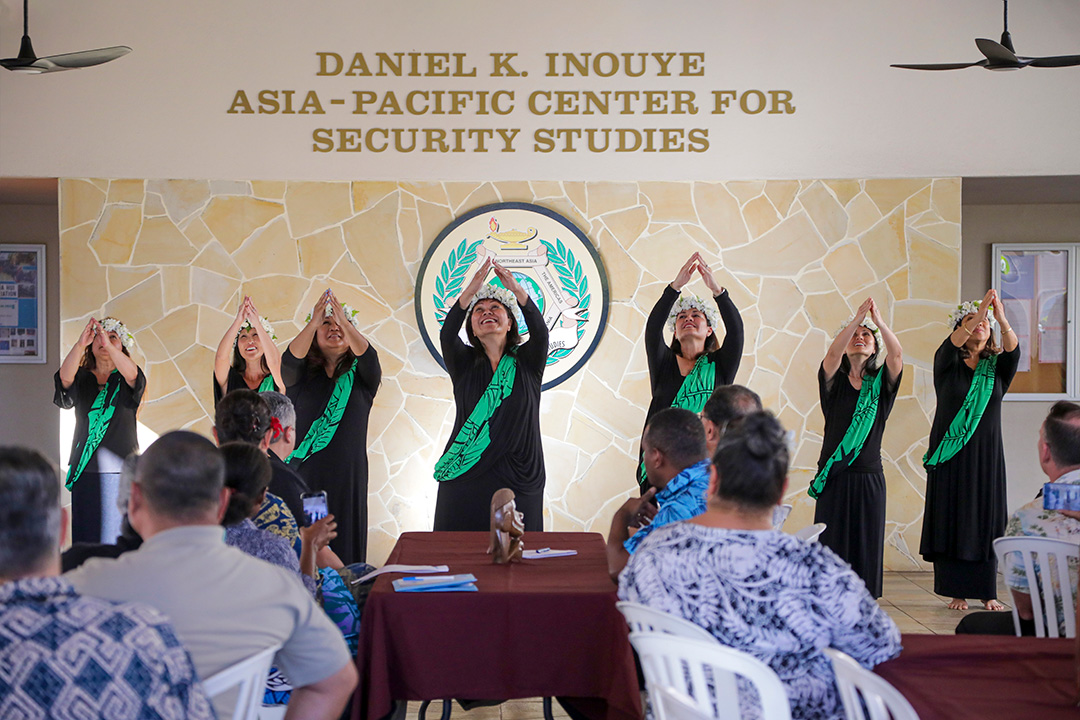
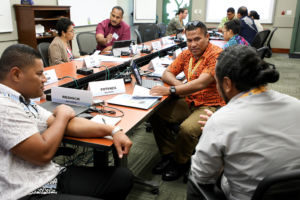
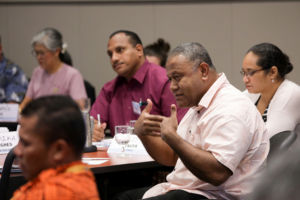
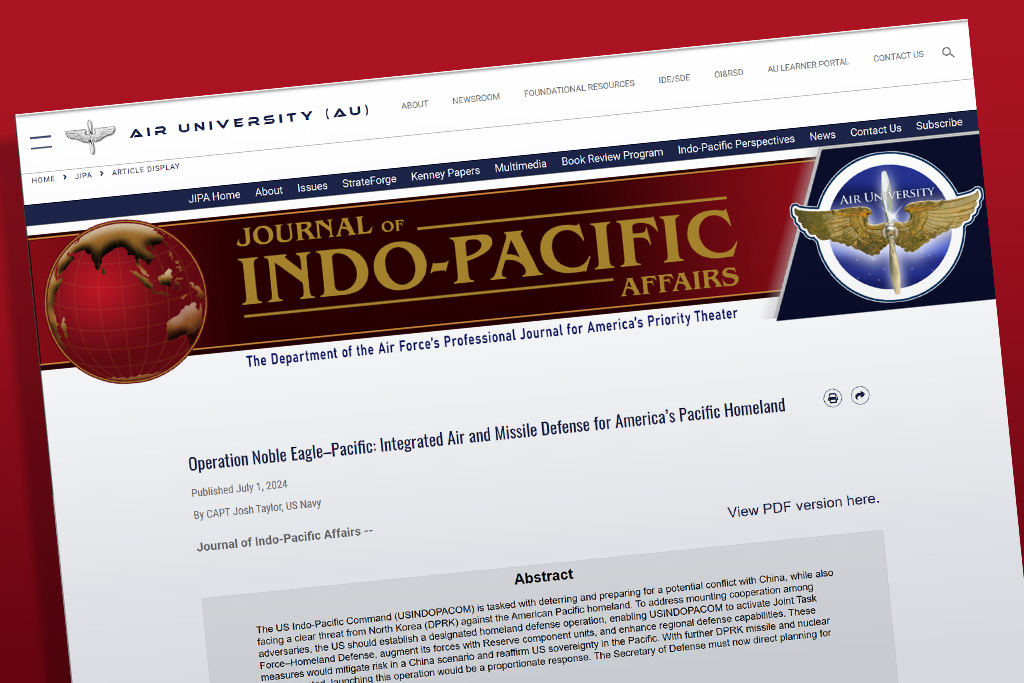
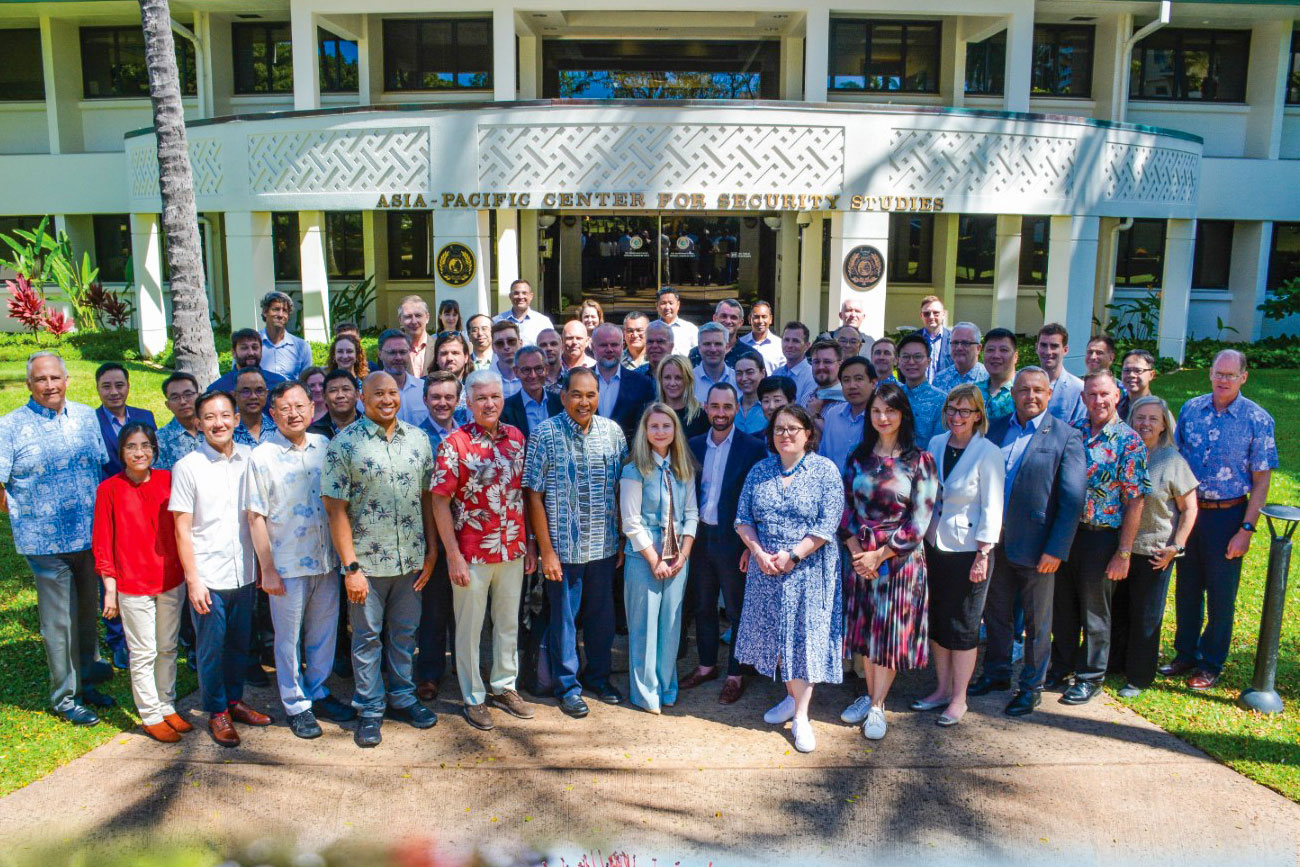





Leave A Comment